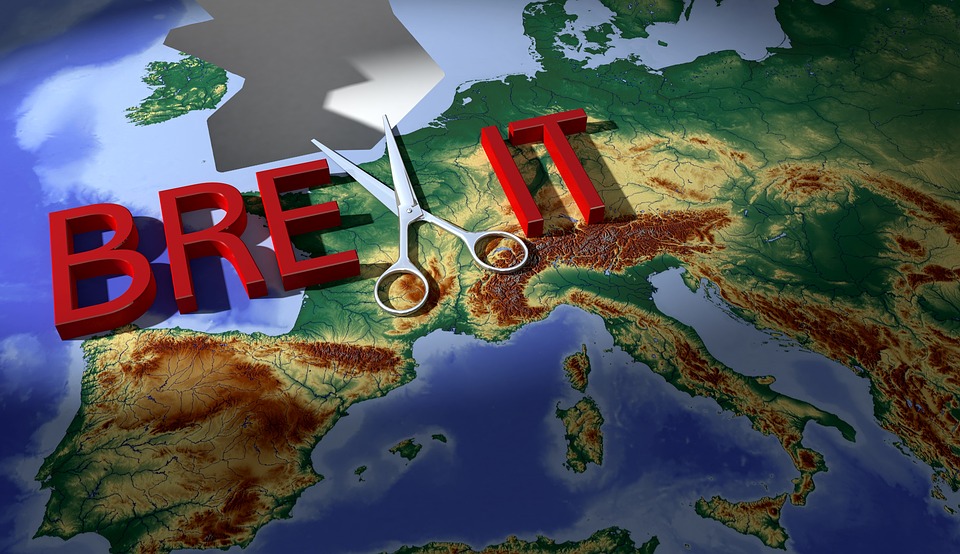
Uncertainty hangs like a dark cloud over the UK as the decision about Brexit looms. The issues are obvious but a solution to the problem is not clear. There is a small majority that still favor the UK leaving the EU driven by a referendum that was voted on in mid-2016. In parliament, there does not seem to be a majority for any specific relationship with the European Union.
In 2019, the House of Commons will embark upon a series of negotiations. Parliament will vote on a withdrawal agreement which will be negotiated in early January. Any changes to the agreement made by Prime Minister May will likely be rejected. The EC has made it crystal clear that they are not open to a renegotiation of the Brexit. This is an issue for the UK. A scenario that could play out is that the UK could leave with no agreement.
Prime Minister May has rebuked the idea of kicking the can down the road and extending the Article 50 deadline past March 29. She is also not in favor of having a second referendum. If she has enough power and support it’s hard to see a situation other than a no-deal Brexit. The UK parliament returns from holiday on January 7. This further limits Prime Minister May’s time to convince her colleague to support her plan.
An alternative as that the UK could return the issue to the people and vote again on a new referendum. This could unilaterally revoke the triggering of Article 50, which set Brexit into motion. This would likely benefit UK assets, such as the FTSE and Sterling. It would also provide the certainty for the Bank of England needed to continue to increase interest rates.
The Bank of England Remains on Hold
The BoE is expected to keep interest rates unchanged for the foreseeable future until a political decision is made. Until Brexit is clear, the central bank will remain in wait and see mode. In the event of a no-deal Brexit, it’s hard for us to see the bank hiking rates. In fact, they may need to reduce interest rates to provide liquidity to the markets if volatility increases substantially.
The Eurozone will Also Be in Transition
The EC is attempting to stabilize their budget and economy and this will play out in the Q1 of 2019. There is a growing sense of nationalism similar to the UK and the US. Traditional politicians are facing pressure as the elites are rebuked. This will increase the power of the right. The outcome of the European Parliamentary elections will help determine the future of the EC.
Both the UK and the EC face pressures in early 2019, but a move toward a no-deal Brexit could generate uncertainty and volatility in the new year. While a return of a second referendum appears to be a long shot, it would likely be the outcome that would be favored most by the capital markets.
